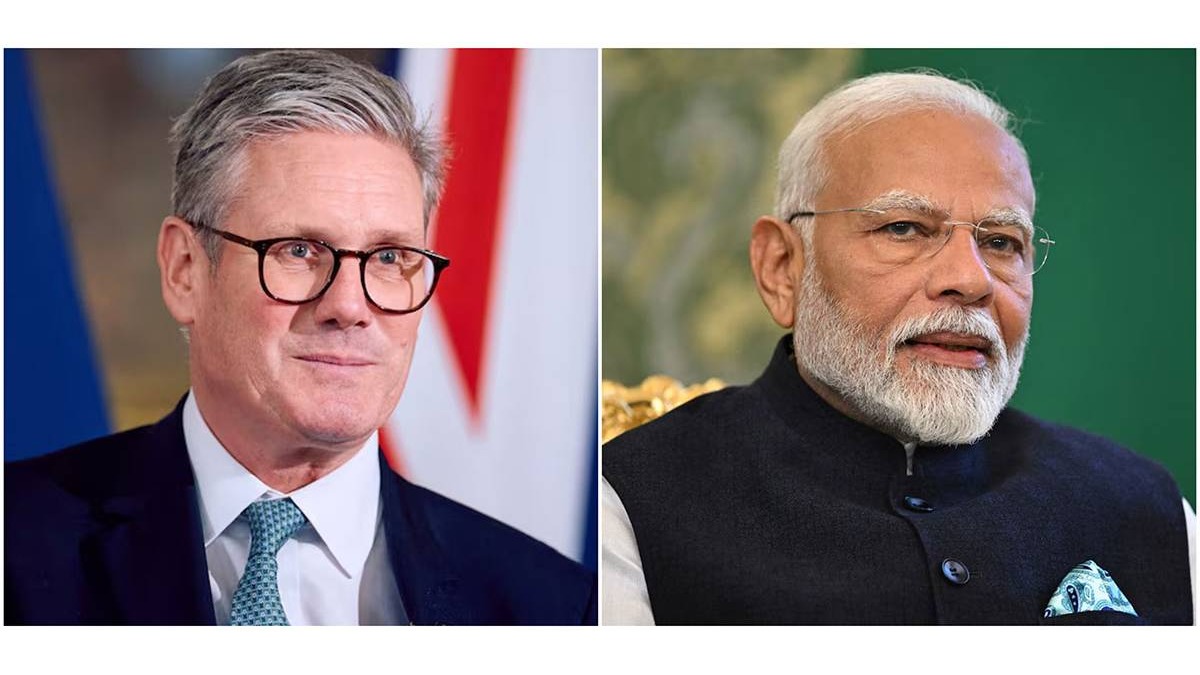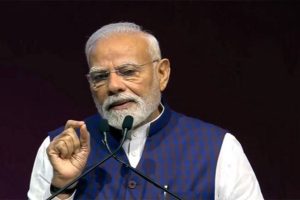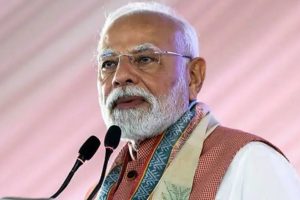The upcoming India-UK Free Trade Agreement (FTA) will significantly lower India’s average tariffs on UK imports from 15 per cent to just 3 per cent, according to a statement issued by the British government ahead of the formal signing ceremony in the presence of Prime Minister Narendra Modi and his UK counterpart, Keir Starmer.
The FTA is being hailed as a landmark deal set to transform bilateral trade, unlock investment, and create thousands of jobs across both nations.
Among the key highlights:
- Tariff Elimination: 90% of tariff lines will be slashed, covering nearly 100% of the trade value between the two countries.
- Whisky Tariffs Halved: British whisky tariffs will be cut from 150% to 75% immediately, and eventually reduced to 40% over the next decade.
- £6 Billion Investment Boost: The UK will welcome nearly £6 billion in new investment and export opportunities, creating over 2,200 jobs in sectors like aerospace, technology, and advanced manufacturing.
“This trade deal is a major win for Britain,” PM Starmer stated. “It will create thousands of jobs, unlock opportunities for businesses, and deliver economic growth across the UK.”
The agreement will also provide British exporters — from cosmetics to medical devices — greater access to the Indian market, helping them compete with global suppliers more effectively.
According to estimates, the FTA could boost UK exports to India by nearly 60% in the long run, representing an additional £15.7 billion by 2040. Total bilateral trade is projected to grow by 39%, equivalent to £25.5 billion annually.
The FTA also aligns with India’s Viksit Bharat 2047 vision, aiming to make Indian exports more competitive in global markets. Commerce Minister Piyush Goyal, present in London for the signing, emphasized the agreement’s role in enhancing exports of key Indian sectors such as textiles, leather, auto parts, marine products, and engineering goods.
Additionally, 26 British companies have secured new business in India under the FTA framework. Major aerospace deals have also been announced, with Airbus and Rolls-Royce set to deliver aircraft and engines to Indian airlines in contracts worth around £5 billion.
The deal is also expected to promote cooperation in clean energy, giving UK firms access to India’s vast renewable procurement market as the country transitions toward green energy.
With a shared goal to increase trade to USD 120 billion by 2030, the FTA marks a pivotal moment in India-UK economic ties, with wide-ranging benefits for industries, workers, and consumers on both sides.





